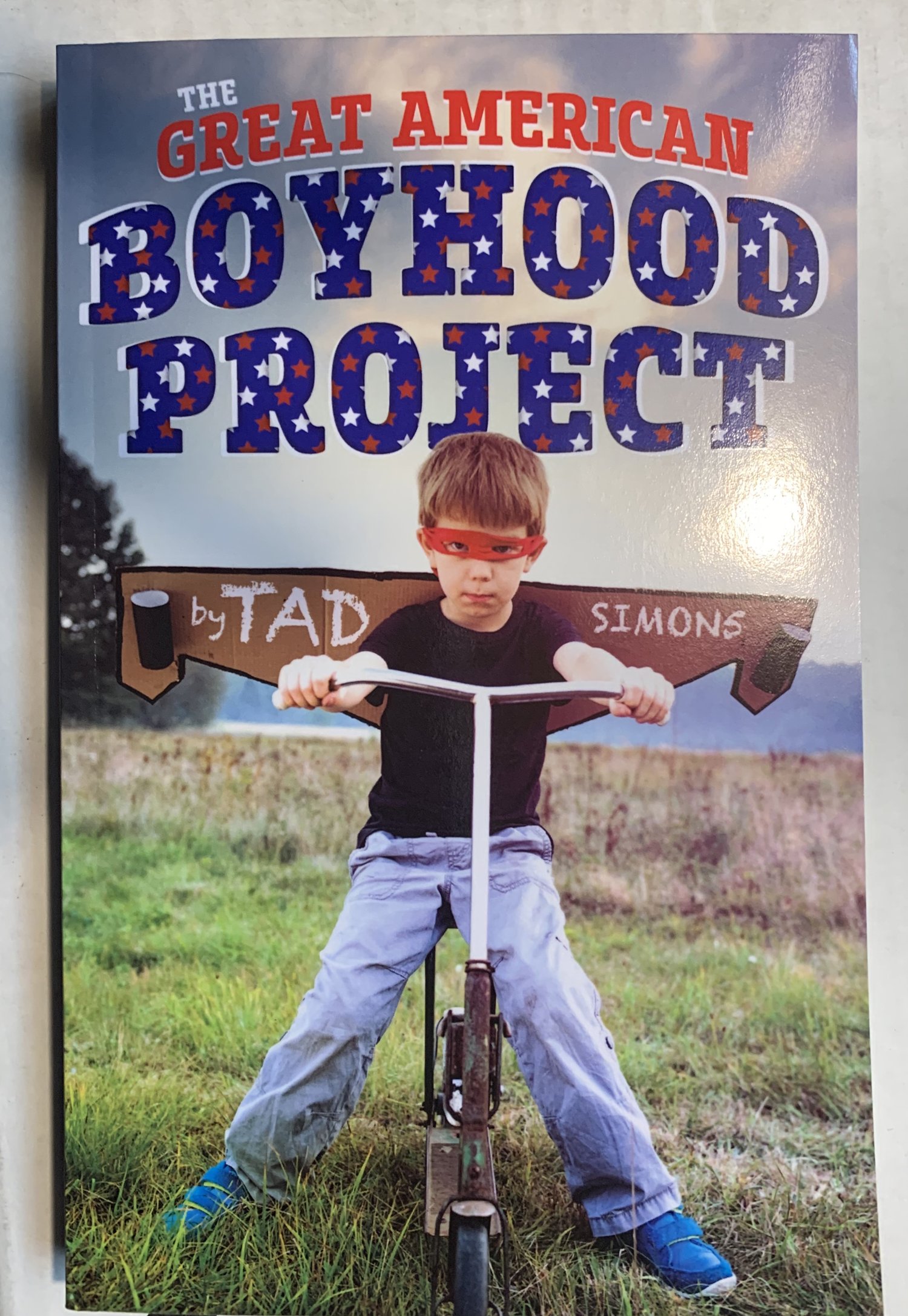One of the best-known quotes to come out of the Mark Twain Factory of Famous Aphorisms is: “Don’t use a five-dollar word when a fifty-cent word will do.”
That’s good advice for young writers, because money is scarce when writers are starting out, so it makes sense to use cheaper words. But as a writer matures and the royalty checks start rolling in, limiting oneself to cheap words is no longer an economically advisable or professionally pragmatic way to proceed.
The truth is, if you ever want your writing to improve, you have to start investing in more expensive words. Or, to put it another way, if you want your compositional labors to yield the most awesomely maximal dividends, you are therefore obligated to purchase at a premium price point the various adjectives, verbs, gerunds, and descriptors you use to obfuscate reality so adroitly and efficaciously on a daily basis.
I can hear the English teachers out there yelling: “No, that’s not what he meant! What Twain was saying was that good writing is not about flowery language, it’s about clear, concise communication. Short words that say exactly the right thing are much better than long words that say the same thing, but with a plethora of unnecessary extra syllables.”
As if.
Now, I’m sure Mark Twain had his reasons for saying what he said. But I’m also fairly certain it had nothing to do with advising other writers how to do their jobs better. Twain was a savvy businessman, and one of the most successful writers of his time. He could also do remedial math. So it stands to reason that if Twain could convince all the other writers of his time to buy up all the inexpensive words, he’d have all the premium luxury words to himself. Such a tactic would also limit the number of writers trying to compete for those all-important fantasmagorical super-words that go into “literature,” because no one else could afford them.
The truth is, Mark Twain did not become one of the richest and most famous writers of his era because of what he wrote. No, he became a literary legend because of his shrewd manipulation of the vocabulary market, and by leveraging his status and success to hoard higher-priced words, thereby limiting their supply and driving up their value.
How did this scheme work? Well, let’s say Mark Twain wrote a sentence with five five-dollar words, three two-dollar words, and four fifty-centers. That sentence would cost Twain thirty-three dollars. Now, suppose another writer wrote the same thing, but could only afford a couple of one-dollar words and ten fifty-centers. That writer would only pay seven dollars for his sentence.
Conventional wisdom would have you believe that the writer who used the cheaper words got the better deal. But—and here’s where Twain’s true genius kicks in—these aren’t sunk costs, they are investment dollars. Five-dollar words may cost more, but the rate of return on a five-dollar word is ten to a hundred times greater than that of a mere fifty-cent word. The average rate of return on a fifty-cent word is about ten percent, so the writer who uses a fifty-cent word is only going to make a nickel off it. But the rate of return on a five-dollar word is anywhere from a hundred to a thousand percent. That means every time Twain used a five-dollar word, he made at least five dollars off it, and sometimes up to five-hundred dollars.
If you do the math the way Mark Twain did, the writer who only invested seven dollars into his sentence made a mere seventy cents, while Twain—who invested thirty-three dollars—got anywhere from $33 to $3,300 back. Throw in the multiplication effect of a review in the New Yorker and a national literary prize, and one five-dollar word by Mark Twain could amount to as much as $10,000. Adjusted for inflation, that’s close to a million dollars a word!
Mark Twain used this simple economic principle to become one of the greatest writers of all time. The more he made, the more he invested in better words, eventually buying up all the ten- and twenty-dollar words as well. Rumor has it he even had a gold-plated, thousand-dollar word mounted in his smoking room. By the end of his life, in fact, Twain controlled ninety-nine percent of all the nation’s literary vocabulary, leaving all the other writers of his time to fight over the remaining one-percent of words available. No one could compete.
When, on occasion, his fellow writers complained, Twain’s rejoinder was, “Cheer up, it’s not like I own the alphabet. Yet.”
So go ahead, be a chump and use fifty-cent words if you want. But if you really want to crack the big time, it’s time to escalate your fiduciary commitment to polysyllabic syntactification. Trust me, you don’t want to live in a world where only a handful of best-selling writers control all the best words. Telling a good story isn’t easy if all you have to work with is the vocabulary no one else wants.
